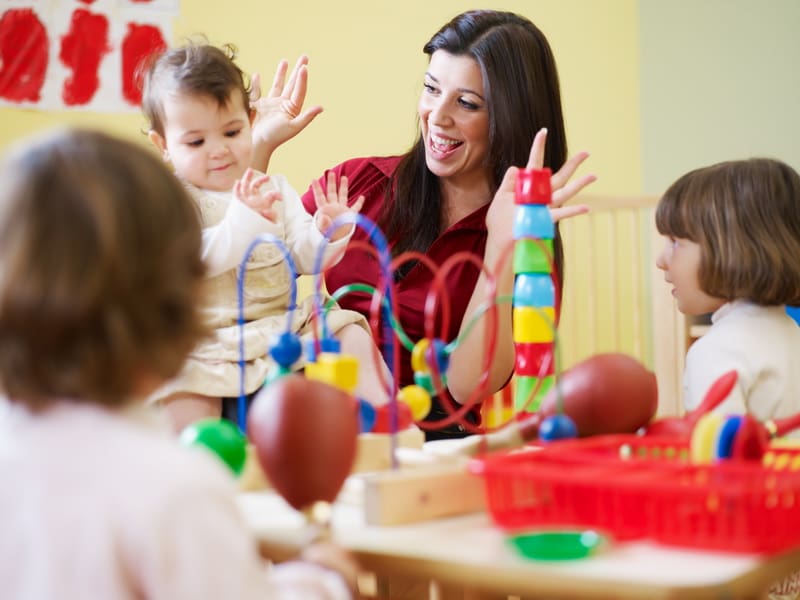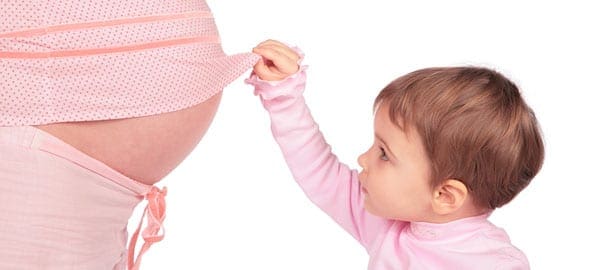The combination of an eating disorder and pregnancy can be dangerous for both the mother and child. Eating disorders can have a number of effects on the mother’s body, some of which may make it difficult or even impossible to become pregnant, while others can allow a pregnancy to occur but may have drastic consequences for the mother and child.
For an individual suffering from anorexia or bulimia – especially if the eating disorder has lasted for several years – severe damage may have been done to their body to the point where they no longer menstruate or ovulate, rendering them unable to get pregnant.
For those that are pregnant and have an eating disorder, there are a number of complications that may occur, including:
Miscarriage or stillbirth
Many pregnant women experience shortness of breath and low energy levels due to the way that the fetus takes nutrients from the mother. This can cause the mother to feel fatigued and weak. If you are experiencing these symptoms, make sure to speak to your doctor so that they can help you manage your condition.
The increased risk of developing depression and suicidal ideation during pregnancy may be due to weight gain and negative feelings about one’s body image.
Increased bone loss due to calcium that is being taken by the fetus
When a mother doesn’t get enough of the right nutrients during pregnancy, it can cause problems with the development of the fetus’s organs and systems. This is because the mother’s body tries to compensate for the lack of nutrients by using other nutrients it has stored up. This can have a negative effect on the fetus’s health.
Going into premature labor and increased likelihood of a c-section needing to be performed
Expectant mothers who are obese or have diabetes are at an increased risk of developing gestational diabetes and preeclampsia, both of which can be serious medical conditions. These conditions can affect the mother’s health and increase the risk of complications for the child, including survival.
Low birth weight for the child, which can lead to low AGPAR scores and development delays
Higher risk of birth defects for the child
Respiratory illnesses in the child after birth
There are additional medical risks to the mother when she is pregnant, including kidney, liver or heart problems due to the added strain on the body to support the fetus.
Increase risk of the mother developing postpartum depression
There are several things that a person with an eating disorder can do to have a healthy pregnancy, including:
-Eating a nutritious and balanced diet
-Exercising regularly
-Getting enough rest and sleep
-Limiting stress
-Attending regular prenatal checkups
-Taking pregnancy supplements as recommended by their doctor
It’s important to continue eating healthily after pregnancy in order to be able to breastfeed, which can bring benefits for both the mother and the child.
When it comes to unhealthy eating or postpartum depression, it’s important to have a support system in place. Ask your partner and friends or family members to help you by keeping an eye out for signs that your unhealthy habits are returning or that you are struggling with postpartum depression. This way, you can get the help and support you need before things spiral out of control.
If you’re pregnant and suffering from an eating disorder, join a support group, so you can share your experiences with others and get the support you need.
A woman with an eating disorder who wishes to conceive a child needs to be aware of the dangers and complications that come with having an eating disorder during pregnancy. It can be difficult to become pregnant, and if a woman does manage to get pregnant, she may face severe medical complications for both herself and the child.
It’s important to get help from medical and mental health professionals before you get pregnant if you have an eating disorder. Treatment can help reduce the risk of complications for you and your baby during pregnancy and later on in life.











